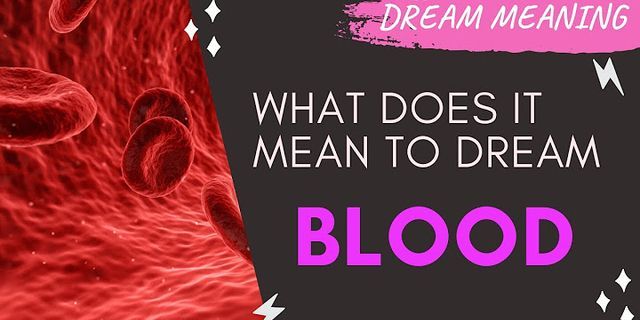As you probably know, we all have a blood type. But do you know what makes each type unique? Show
While several blood group systems are used to type your blood, ABO is the most important. Your ABO type is based on the presence or absence of two antigens (A and B) on the surface of red blood cells. There are four ABO types: A, B, AB and O. Your blood type is also determined by Rh status: Rh+ or Rh-. That leaves us with eight possible blood types:
Each of these eight types is unique. Blood types determine who you can give blood to and receive blood from. Which type of donation is best for you is determined by your blood type, as well as patient need. Read more to find out what makes your blood type special:
Whose type can you match?Donors with type O- blood are universal red cell donors whose donations can be given to people of all blood types. Donors with types AB- and AB+ blood are universal plasma donors, while patients with type AB+ are universal red cell recipients because they can receive red cells from all types. All other donors and recipients must be safely matched, for example:
*Percentages based on U.S. population Learn moreRight Type for Your Type Check the criteria that may affect your eligibility to donate blood. Blood donation is an essential activity. Our Bloodbanks are open. Please be informed that any person who is unwell or with risk of exposure to COVID-19 in the last 5 days will not be allowed to enter our premises due to current COVID-19 situation. Donor who had a positive COVID-19 PCR/ Antigen Rapid Test (ART) in the last 28 days should not visit the Bloodbank. They can come back for donation 28 days after the first positive PCR or ART result. Find out more about the precautionary measures we have taken here. HSA has implemented a new blood donation eligibility guideline for donors who have received a Covid-19 vaccine. Please click HERE for more information. Please check if you are eligible to donate blood before you make an appointment as the waiting period may be different due to other causes. Check eligibility General eligibility criteriaTo donate blood, you must:
It may be harmful to you or the recipients if you donate blood when you are not eligible to do so. Check the A–Z listLast updated: 31 Dec 2018 Can a person with O+ blood group donate blood to an ab patient?38% of the population has O positive blood, making it the most common blood type. O positive red blood cells are not universally compatible to all types, but they are compatible to any red blood cells that are positive (A+, B+, O+, AB+).
What type of blood can donate to type A?BLOOD TYPES. What would happen if type A blood donated to type AB?An ABO incompatibility reaction can occur if you receive the wrong type of blood during a blood transfusion. It's a rare but serious and potentially fatal response to incompatible blood by your immune system.
Can a person with AB type blood donate their blood to someone with a type blood Why or why not?For example, since a person with Type AB blood makes no antibodies against Type A or Type B cells, his or her plasma can be given to a person with Type A, Type B, Type AB, or Type O blood.
|















